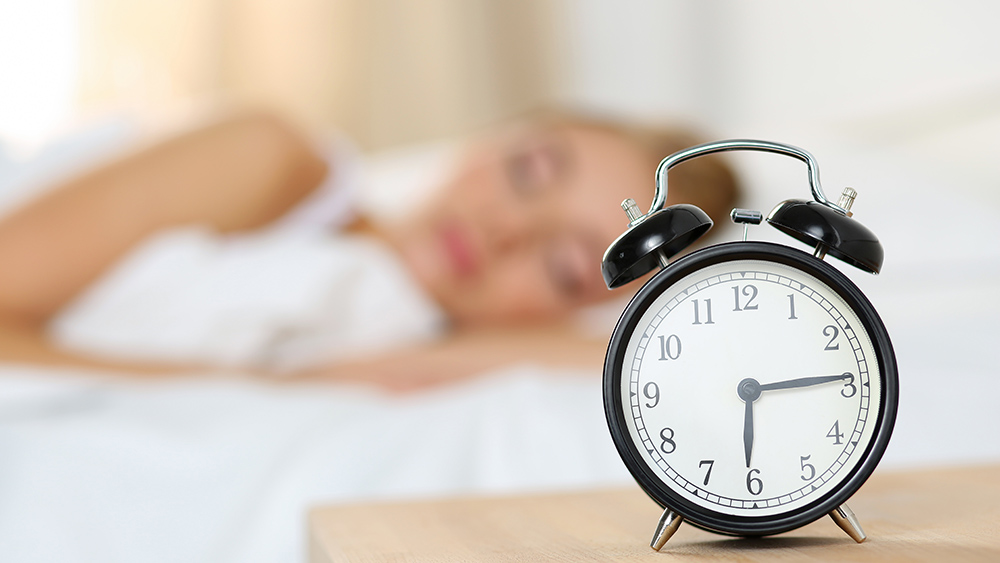In our fast-paced world, sleep often gets pushed to the bottom of the priority list. We burn the midnight oil to meet deadlines, squeeze in extra workouts, and spend hours glued to our screens. But skimping on sleep has far-reaching consequences, impacting not just our energy levels but our overall health and well-being.
Here’s why prioritizing sleep is a non-negotiable investment in yourself, and some practical tips to help you finally get the rest you deserve.
The Science Behind Sleep
Sleep isn’t just a period of inactivity; it’s a vital biological process essential for physical and mental rejuvenation. During sleep, our bodies repair tissues, consolidate memories, and regulate hormones.
Here’s a glimpse into the magic that happens when we sleep:
- Physical Repair: Sleep triggers the release of growth hormone, crucial for cell regeneration and muscle repair.
- Brainpower Boost: Sleep allows the brain to process information, strengthen memories, and improve learning.
- Emotional Well-being: Adequate sleep regulates the production of mood-regulating hormones like serotonin, helping combat stress and anxiety.
- Immunity: Sleep strengthens the immune system, making our bodies more resistant to illnesses.
The High Cost of Sleep Deprivation
Chronic sleep deprivation – defined as consistently getting less than the recommended amount of sleep – has a domino effect on our health. Here’s a look at some of the potential consequences:
- Weakened Immune System: Sleep deprivation makes us more susceptible to catching colds and other infections.
- Weight Gain: Lack of sleep disrupts hormones that regulate appetite, leading to increased cravings and potential weight gain.
- Decreased Cognitive Function: Sleep deprivation impacts memory, focus, and cognitive performance.
- Increased Risk of Chronic Diseases: Studies suggest a link between sleep deprivation and chronic health issues like heart disease, diabetes, and even depression.
How Much Sleep Do You Really Need?
The National Sleep Foundation recommends the following sleep durations based on age:
- Newborns (0-3 months): 14-17 hours
- Infants (4-12 months): 12-16 hours
- Toddlers (1-2 years): 11-14 hours
- Preschoolers (3-5 years): 10-13 hours
- School-aged children (6-13 years): 9-12 hours
- Teenagers (14-17 years): 8-10 hours
- Adults (18-64 years): 7-9 hours
- Older Adults (65 years and older): 7-8 hours
Making Sleep a Priority: Practical Tips
We all know sleep is important, but actually getting enough can be a challenge. Here are some practical tips to help you establish a healthy sleep routine:
- Create a Consistent Sleep Schedule: Go to bed and wake up at the same time each day, even on weekends. This helps regulate your body’s natural sleep-wake cycle (circadian rhythm).
- Craft a Relaxing Bedtime Routine: Wind down before bed with calming activities like reading a book, taking a warm bath, or practicing light stretches. Avoid screen time for at least an hour before sleep, as the blue light emitted from electronic devices disrupts sleep patterns.
- Optimize Your Sleep Environment: Make sure your bedroom is dark, quiet, and cool. Invest in blackout curtains, an earplug set, and a comfortable mattress.
- Limit Caffeine and Alcohol: While a morning coffee might kickstart your day, avoid caffeine intake in the afternoon and evening, as it can interfere with sleep. Similarly, while alcohol may make you drowsy initially, it disrupts sleep quality later in the night.
- Get Regular Exercise: Regular physical activity can improve sleep quality, but avoid strenuous workouts close to bedtime.
- Manage Stress: Chronic stress can wreak havoc on your sleep. Practice relaxation techniques like deep breathing or meditation before bed to manage stress levels.
Prioritizing Sleep: An Investment in Your Well-being
Remember, sleep isn’t a luxury; it’s a necessity. By prioritizing sleep and establishing healthy sleep habits, you’re investing in your overall health and well-being. You’ll experience increased energy levels, improved cognitive function, and a stronger immune system. So, turn off the screens, dim the lights, and embrace the restorative power of sleep. Your body and mind will thank you for it.

